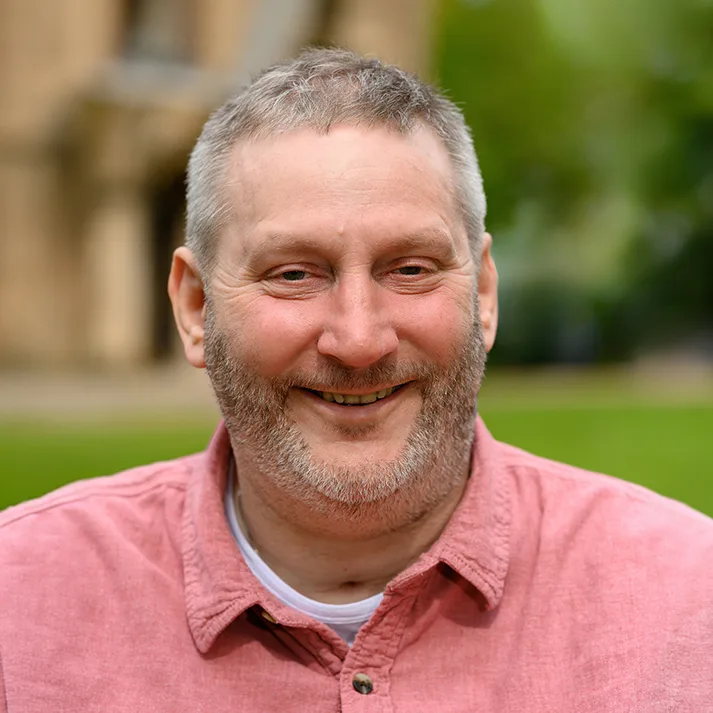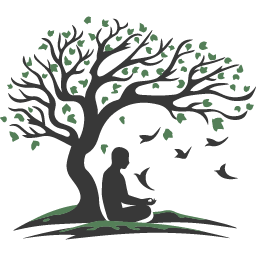
If I asked two people how happy they were – a lottery winner on the day they won the lottery, and a homeless person on the day they were made homeless – it would be no surprise one would probably be over the moon and the other pretty miserable.
Ask the same people the same question again six months later and you’ll probably get a similar answer from each – they would probably say something like ‘I’m okay, things are going okay.’ Perhaps the homeless person would be less optimistic, and fairly so, but essentially neither person is likely to be experiencing the same extreme emotions as when you first asked.
Why is this? Their circumstances haven’t changed; one is still rich and the other is still homeless.
I’m paralysed. Let’s say I’m having a moan about not being able to walk, when a friend arrives and complains that his legs ache because he walked all the way up the hill to my house. Just because I have the longer-term issue, it doesn’t mean my friend’s is less relevant to him. Both our problems are important to us as individuals, and we understand this.
But going back to the original example, is that lottery winner less happy? More importantly, is the homeless person now happier? The answer is, perhaps surprisingly, yes.
Our brains are not set in stone. Something called neuroplasticity (which I could explain in more detail if I was a neurobiologist, but I’m not) means our brains can change. Depending on our circumstances, our brains adapt. No one has a bad memory, but those people who have to remember things more often are better at it, but those who don’t often need to use their memory find their brains don’t allocate resources to it, and so they are less adept when they do try to remember. It’s the same for virtually everything, from mathematics to drawing. If you put enough hours into anything your brain will adapt and you will improve.
In the book ‘Outliers: The Story of Success’ by Malcolm Gladwell, there are sections dedicated to exploring what makes different people successful. Without exception, in sporting, musical and creative academic fields there is no-one who excels without putting the work into practicing. Of course, there are circumstances (and measures of luck) which enable some individuals to put more time in than others could, but it all comes back down to an investment of time and effort. The book concluded that in order to become truly proficient at anything you need to put 10,000 hours into it.
But this practice effect works no matter what you do! If you think positively the majority of the time, your brain will adapt to a positive way of thinking. In the same way as this, our brains also adapt to our current circumstances until they become the normal benchmark of what we expect.
Over time we set a level for our own happiness, and if things go well it goes up. Both the lottery winner and the homeless person, over the six months between questions, will have found a level of happiness relating to the current situation they were in.
So, ultimately, we become content no matter where we are. We go about our lives in one way or another and our feelings are based almost entirely on our current situation.
If you lose everything, it gives you an opportunity to learn and rebuild your life. This is why sometimes it is easier to make progress when you have lost everything. There is some truth to the saying ‘the only way is up’ in that situation.
Ask yourself: are you content with your current position only because it is comfortable and normal? Or are you really happy?
Perhaps this state of comfort is the reason we find it so hard to change.
You've just read an article by Steven Webb — Guiding you through the most difficult times. Here is a link to my podcast Stillness in the Storms and Inner Peace Meditations.
I write to arm you with resilience and inner wisdom, helping you find calm in life’s chaos. Follow me Medium or on substack.


Would you like to receive my weekly calm email?